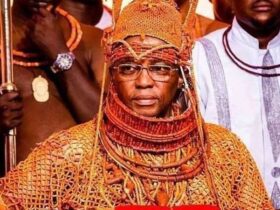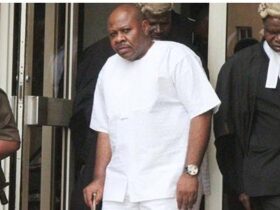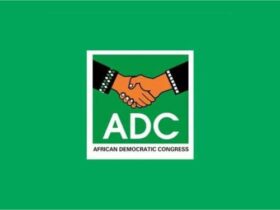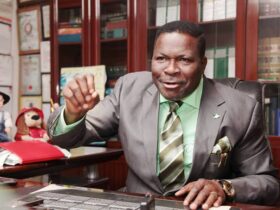President of the ECOWAS Commision, Dr Omar Touray, has said Mali, Burkina Faso and Niger, three Sahel member states under military rule, are not giving signs of intention to return to the subregional bloc.
Touray, who made this known at the 92nd Ordinary Session of the ECOWAS Council of Ministers on Thursday in Abuja, said the three countries remained incommunicado toward ECOWAS, notwithstanding the commission’s entreaties.
The commission’s president expressed dismay that ECOWAS had not yet been able to establish a framework for negotiation with the military authorities in the three countries, in spite of all its efforts.
According to him, the negotiation framework ought to be on their decision to withdraw their membership from ECOWAS and the transition process for restoring civilian rule, respect for human rights and rule of law in their countries.
According to him, Guinea, which is one of the member states under military rule, is the only country that had given positive assurance to the bloc towards regional cooperation and integration.
“Regarding our member states under military rule, it is disturbing that we have not yet been able to establish a framework for negotiation with the military authorities in Mali, Burkina Faso and Niger.
“This is with regards to their decision to withdraw their membership from the community and on the transition process for restoring civilian rule, respect for human rights and rule of law.
“In spite of our entreaties, in the form of softening of sanctions, invitation of the governments to technical meetings, and request for meetings, we have not yet gotten the right signals from these member states.
“We have, however, gotten positive assurance from Guinea on the unity of our community.
“It has become evident that changes in the international system, which is significantly affecting our member states, is playing a role,” Touray said.
He said that, to achieve this aim, ECOWAS was proposing a special summit on the future of the community to examine the developments in the world and their impact on the entire subregion.
Touray explained that the essence of the summit was to re-think integration in terms of governance, relations with external partners, and community norms.
He said that it would also look into the people’s values and approach to emerging issues like new technologies, social media and fake news, multipolarity, among others.
The commission’s president noted that the developmental goal of ECOWAS integration was increasingly being questioned due to the subregion’s current dire challenges and their consequences.
He listed the challenges as food crises, insecurity, inflation, violent extremism and terrorism, forced displacements, youth bulge and unemployment, geo-political tensions and pressures, which were putting pressure on governments and civil society.
“The summit will, hopefully, lead to a minimum convergence and expectations of the behaviour of each member state of the community on matters affecting the entire community.
“We do hope that we can convene the member states experts as soon as possible to conclude on the financing plan for tackling terrorism, which is harming the welfare of our people, distorting our economic stability and development plans.
“This is not the time to work at cross purposes. We need to work in unity and solidarity,” he added.
Also speaking, Nigeria’s Minister of Foreign Affairs, Yusuf Tuggar, noted that the event was a demonstration of West African leaders’ commitment to regional cooperation and the pursuit of a shared vision for peace, progress and prosperity.
While noting that some important strides had already been made towards regional integration, economic growth, and security, he said they also served as a reminder of the existential realities that ECOWAS was still facing.(NAN)










Leave a Reply